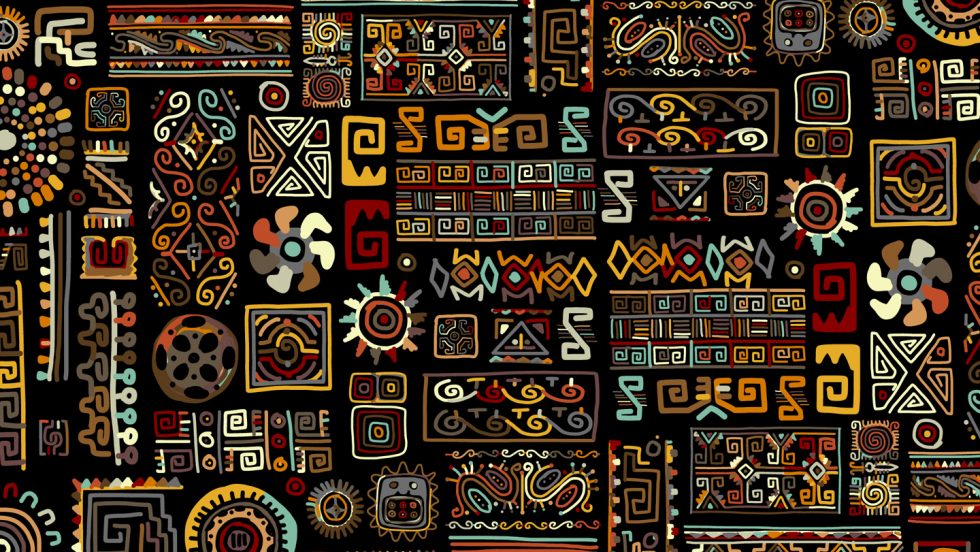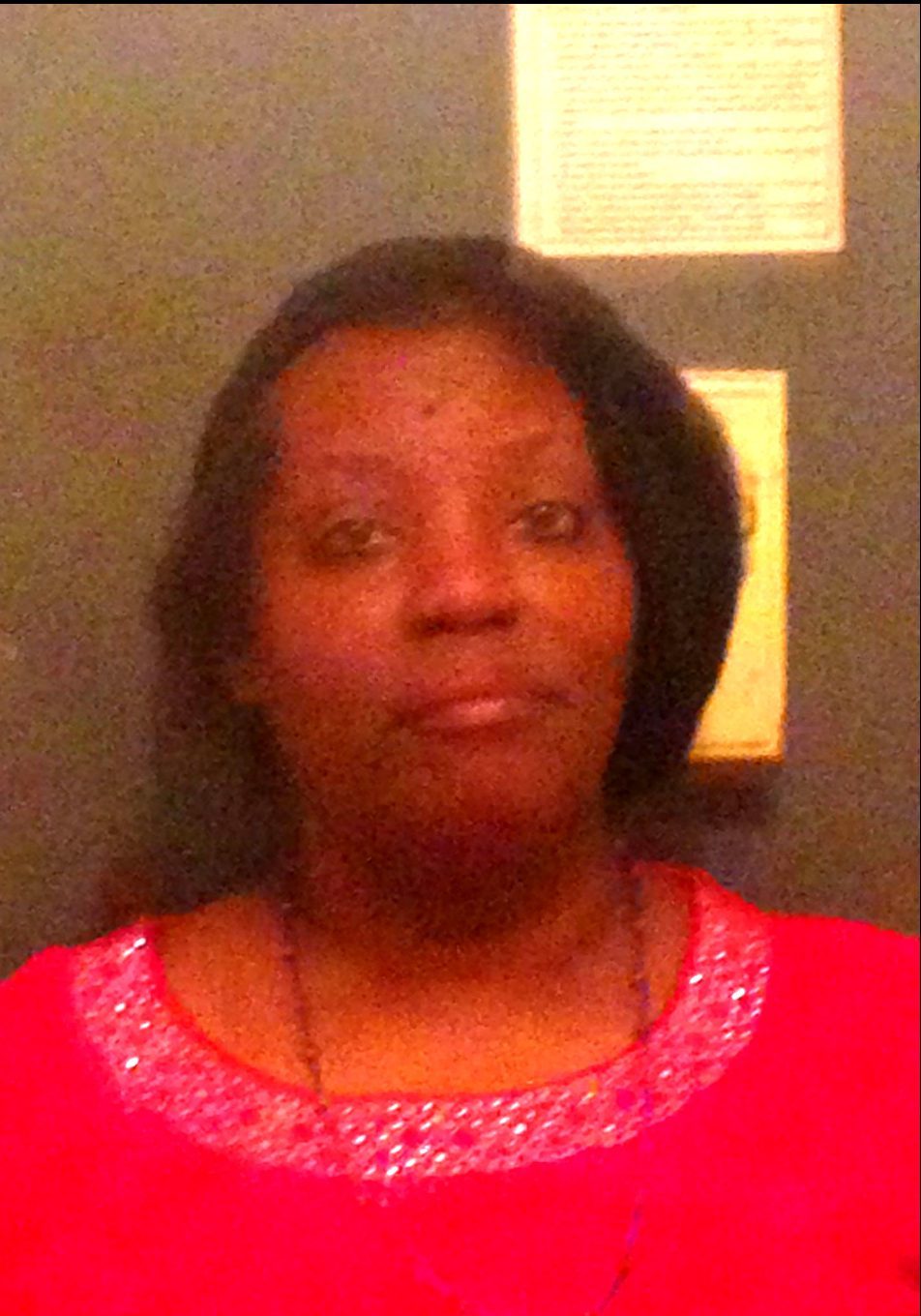
For more than 50 years, the Center for African, Black and Caribbean Studies (CABCS) has been a supportive space for students and faculty of color.
The center gives the Adelphi community the opportunity to understand the experiences of Black people through courses, events and workshops. It also offers an undergraduate minor in African, Black and Caribbean studies that is an important component of Adelphi’s commitment to furthering diversity, equity and inclusion.
Marsha J. Tyson Darling, PhD, former professor of history and interdisciplinary studies, now special assistant to the president for strategic initiatives, served as the center’s director for more than 20 years. Succeeding her is Carolyn Springer, PhD, associate professor of psychology. Dr. Springer began teaching at Adelphi in 2003 as an assistant professor of psychology and was promoted to associate professor in 2009. In addition to teaching undergraduate and graduate courses, she supervises students working on their doctoral dissertations, master’s theses and independent study research projects. She serves on the Faculty of Color Task Force, as chair of the Human Subjects Review Committee, as a member of the Faculty Senate and as an advisory board member for the Center for African, Black and Caribbean Studies.

Carolyn Springer, PhD, associate professor of psychology.
Here, Dr. Springer shares her views on such topics as why the center is important, the plans for the center and what she learned from Dr. Darling.
What were your initial thoughts when you were told that you were to be the new chair of the Center for African, Black and Caribbean Studies?
When I heard Dr. Darling was moving on to do other things, I thought that it was essential that the Center for African, Black and Caribbean Studies continue its work. CABCS contributes to both the Adelphi campus and the Long Island community. The interdisciplinary program exposes students to the African, Black and Caribbean experience from multiple perspectives via courses in the humanities, social sciences and the arts. CABCS also serves as a support source for students and faculty and is a place where faculty can share ideas and collaborate on issues related to the Black population. The center’s cultural events are also attended by the general community and increase the visibility of the Adelphi campus.
Fifty years ago, as protests by Black students across the United States gained prominence, Black and Puerto Rican students at Adelphi seized the moment to create what is now called the Center for African, Black and Caribbean Studies. Last year, protests gained prominence again after the murder of George Floyd. How do you see CABCS staying true to its roots by being a resource for students of color?
Prior to attending Adelphi, students may have experienced gaps in their exposure to history in their academic studies and/or may have acquired misinformation. One of the key things that the center does is make sure that history is told in such a way that it presents the voices and experiences of diverse groups. When we consider the question “How do we build bridges and actually create racial harmony?” we need to start with the lived experiences of others. In order to address inequities, we need to understand the historical experiences of different racial and ethnic groups in the United States and the intersection of race and ethnicity with other social identities. We need to grapple with this as a society in order to move ahead.
The center makes sure that the history of African, Black and Caribbean people gets disseminated, which is important not for only Black students but also for students of other diverse backgrounds. In addition to history, the center’s academic courses in literature, the arts and culture help students understand the contributions of African, Black and Caribbean people to the United States and the world.
The Center for African, Black and Caribbean Studies recently celebrated its 50th anniversary. How have you personally seen the center make an impact on Adelphi students and faculty? What are some of the things it does that no one really knows about?
One of the things that I have really appreciated about the center is its Annual Scholastic Awards event, which celebrates the achievements of students who have minored in the discipline as well as individuals who have contributed to the center. The recognition that students receive from the Adelphi community, legislators, family members and invited guests conveys to students that they have made and can make a difference.
The center has more than an academic side in that it also brings artists and speakers from a variety of different fields to campus. Speakers have addressed health disparities, women’s experiences in slavery, racial transformation and healing, events in the African diaspora and the Black Lives Matter movement, as well as the contributions of Black writers. Recognizing that the Black Lives Matter movement follows from a long tradition of resistance strategies provides a context for understanding current events. The center also supports the arts by showcasing the work of artists, different types of craftspeople, and dancers and musicians.
The center also advocated along with the Office of Diversity, Equity and Inclusion for an Affinity Space for students of color and their allies. It can be challenging to be in an environment where you are not in the majority; the space provides a “home” where students can gather and meet. The center’s academic classes and cultural events provide opportunities for students to see themselves reflected in the readings, materials and experiences shared and to feel valued, seen and heard.
Reading and discussion circles in the humanities led by Dr. Darling have highlighted the literary works of writers such as James Baldwin, Toni Morrison and Isabel Wilkerson and serve to promote a deeper understanding of the African American experience.
What are your plans for the Center for African, Black and Caribbean Studies?
One of the things I liked most about the recent 50th anniversary celebration event was hearing from alumni about their experiences at Adelphi during different decades. Alumni reflected on their academic experiences, skills they had gained by taking on leadership roles in student organizations, and friendships developed and maintained. I am hoping to implement an oral history initiative where we can preserve these moments in CABCS history. We need to celebrate what the center has accomplished as well as the people who contributed across the decades.
CABCS will continue to host events where diverse voices and artists are invited to campus. I would also like us to strengthen the program and to think about the program possibly becoming a department. The center currently collaborates with 11 different departments on campus and I would like us to expand our collaborative efforts so we can offer classes that can not only benefit students in the minor but also all students on campus.
What initially brought you to Adelphi?
I came to Adelphi for the opportunity to teach full time. When I first came, Adelphi was not as diverse as it is now, and I thought it was important for students to be taught by a Black faculty member. I felt like I could make a difference by helping students navigate some of the challenges I had faced in my own educational experiences and by exposing them to different ideas and perspectives.
The former chair, Dr. Darling, did an amazing job directing the program for 20 years. What was it like working with her? What did you learn from her?
She left big shoes to fill. Dr. Darling developed the program and took it to where it is now. I learned from her the importance of collaboration and bringing in outside speakers while also supporting people on campus. She has a warm heart and is welcoming of different opinions. She believes in celebrating people’s achievements and contributions; that is something that I’ve learned from her as well.